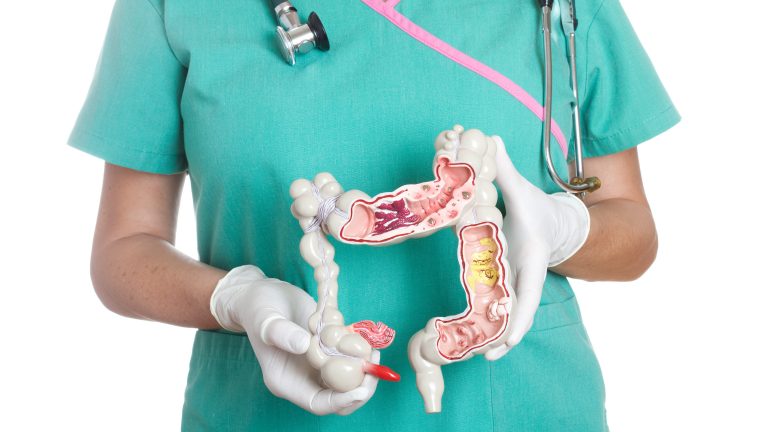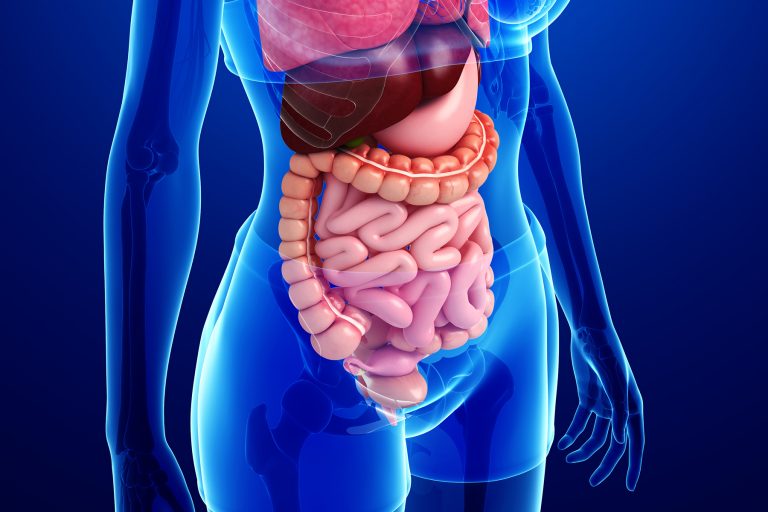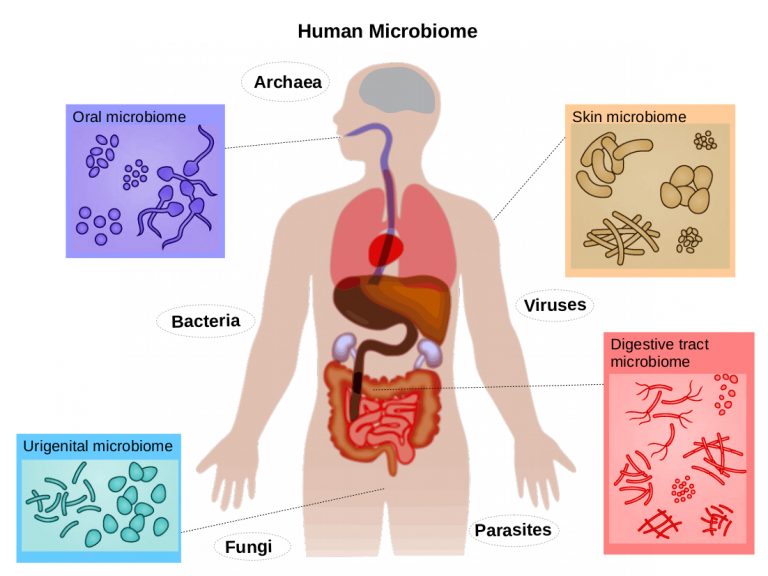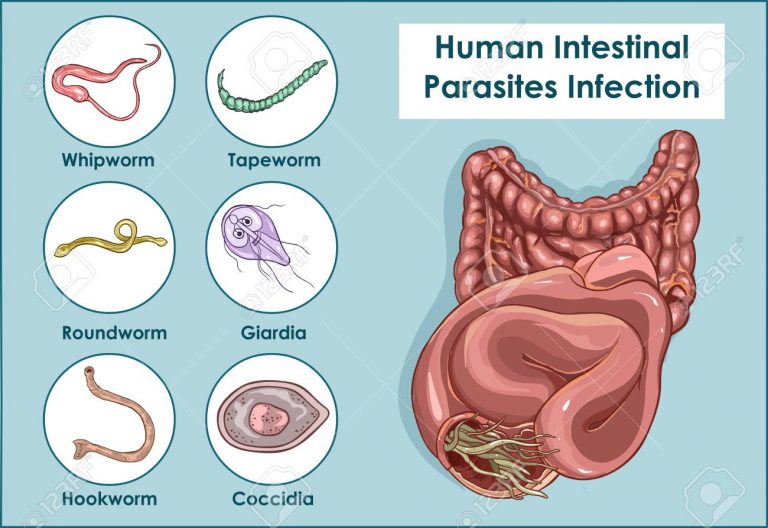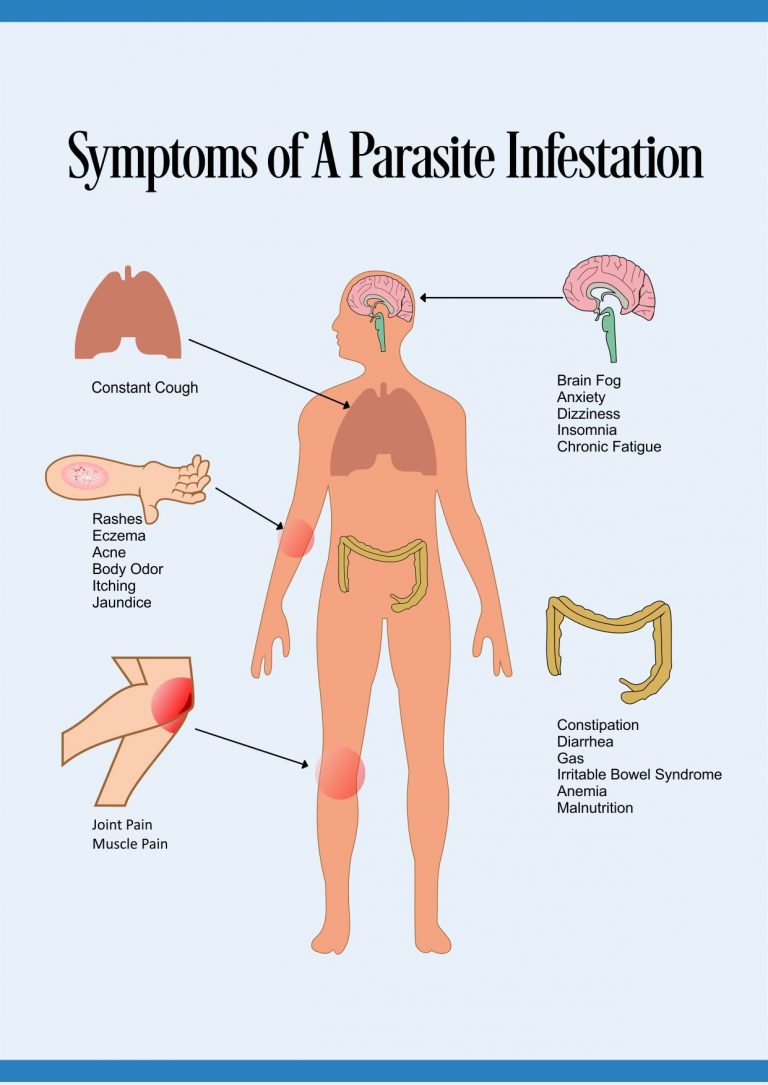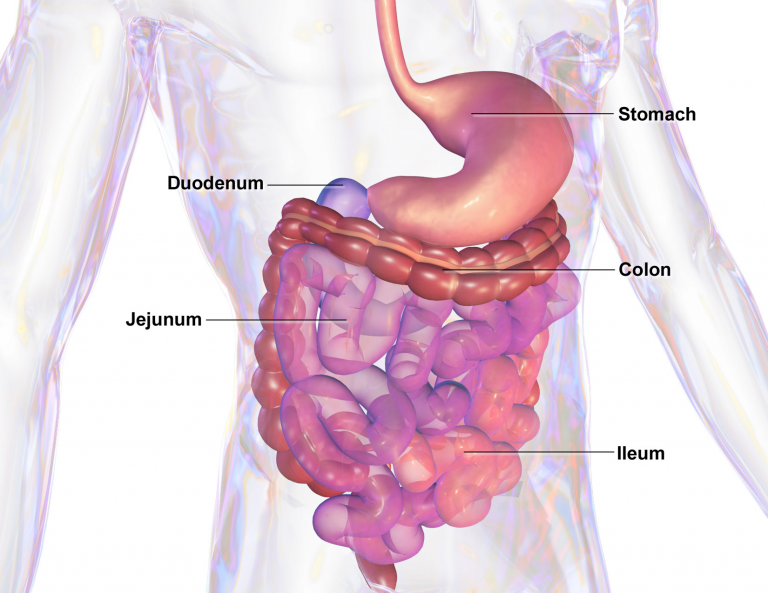GASTROINTESTINAL PROBLEMS & PARASITES
GASTROINTESTINAL HEALTH PANEL
The gastrointestinal tract is essentially an external part of the body. This is the reason we do not have to sterilize our food, but only be sure it is clean and wholesome. Presently, the risk of being infected or infested by pathogenic organisms through food and water is ever increasing. This is due to several reasons: immigration; frequent overseas travel; importation of vegetables and fruits; lack of a public health policy to screen food handlers for transmissible pathogens; outdoor and wilderness excursions; altrnate lifestyles; agricultural pollution; pets at home, etc.
Currently, World Health Organization studies indicate that about 1/2 billion individuals are infected annually by Amoeba histolytica and about the same number are infected by Giardia and cryptosporidium. Considering all parasites, more than 1/4 of the Earth’s population is infected at any one time. More serious efforts must be made to prevent, identify, and treat these widespread and debilitating infections.
RESULTS OF STOOL SPECIMENS EXAMINED FOR INTESTINAL PARASITES BY US STATE PUBLIC HEALTH LABORATORIES, 1987

MODE OF TRANSMISSION & WHO IS AT RISK
The predominant method of transmission of parasites is the fecal-oral route through hand contact with infected individuals or via contaminated water and food. Many parasites are highly transmissible within a household environment. All family members should be tested if one member is positive for GI infection.
People with suppressed immunity, eg. T-cell (white cell) dysfunction and defects in intestinal antibody (IgA) secretion, are predisposed to protracted and heavy infections with GI pathogens. Individuals with cancer and those receiving chemotherapy for cancer are very susceptible to parasitic infection(s). Frequent and excessive over-utilization of antibiotics renders the GI tract more susceptible to chronic overgrowth of harmful micro-organisms. These can produce a wide range of systemic toxins and/or cause severe irritation of large areas of fragile, nutrient absorbing intestinal tissue.
BODILY FUNCTIONS AFFECTED BY GI PATHOGENS
Intestinal pathogen infections cannot be clinically differentiated solely on the basis of medical history, physical exam and/or symptoms. Specific diagnosis requires laboratory evaluation and confirmation. In most laboratories the general request for stool ova and parasite screening does not include the specialized testing and confirmation provided by the GI Health Panel.TM Asymptomatic, mild symptomatic and overt GI pathogen infections can affect and deter gastrointestinal function, and, if undetected, will lead to chronic illness.
TREATMENT & PREVENTION
Detection and specific diagnosis of the pathogens, including a broad spectrum of microflora and common parasites is of paramount importance. This is because successful therapy is dependent on two primary issues. First, accurate and specific diagnosis of causative agent in a patient who presents with otherwise general and non-specific complaints and symptoms. Second, specific therapeutic agents can be targeted to eradicate offending micro-organisms with an extremely high success rate, with minimal side effects.
PREVENTION NOTES:
1. Observe strict personal hygiene habits
2. Eat cooked food, when outside your home
3. Wash fresh fruits & vegetables with soap & water
4. Avoid drinking potentially contaminated surface water
5. Before overseas travel, contact the CDC for tips
6. Restrict pets to designated parts of the home
7. Wash hands after touching pets
Gastrointestinal Health Panel
The GI Health Panel is a non-invasive screen of the gastrointestinal tract and its function. It includes at least 15-22 individual, but related tests. Stool and saliva samples are submitted by the patient after home collection.
LOGIC OF TESTING
To insure high sensitivity and specificity of pathogenic organism detection, Diagnos-Techs employs a variety of methods in the GI Health Panel tests. These tests utilize proven biochemical and state of the art immunological and other methods. The panel includes:
A. Pathogen screening: bacteria, fungi, yeast, and various parasites.
B. Digestion related screens: enzyme levels and immuno-chemical markers for intolerance to common offending foods.
C. Intestinal function markers to evaluate irritation and inflammation; markers indicate overall status of gut immunity and integrity, i.e. occult blood, etc.
The GI Health Panel strikes a balance between comprehensive screening and economy by bundling appropriate individual tests that would otherwise cost over $700 at current prices.
ADVANTAGES & BENEFITS
1. Non-invasive sampling: saliva and stool
2. Home collection: no office visit
3. Economical and insurance reimbursable
4. Comprehensive: detects a broad spectrum of common pathogens and includes digestion efficiency evaluation
5. Improved wellness: general GI complaints identified and resolved
6. Modular: retesting of one or several abnormal findings is available without repeating the entire panel
COMMON APPLICATIONS OF THIS PANEL
Individuals with chronic and vague GI symptoms including:
1. Frequent bloating, gas, cramping, and constipation
2. Frequent travel within US and/or overseas
3. Frequent eating outside the home
3. Homosexuals
4. Food handlers – to protect others
5. Food preparers at restaurants, homes, schools, etc.
6. Institutionalized individuals
7. Uniformed services
8. Dormitory Residents – common quarters
9. Children that go to daycare centers
WHO NEEDS THE GI HEALTH PANEL?
To determine if the GI Panel is the appropriate test for your health problems, consult with Dr. Smith or Ronnie.

